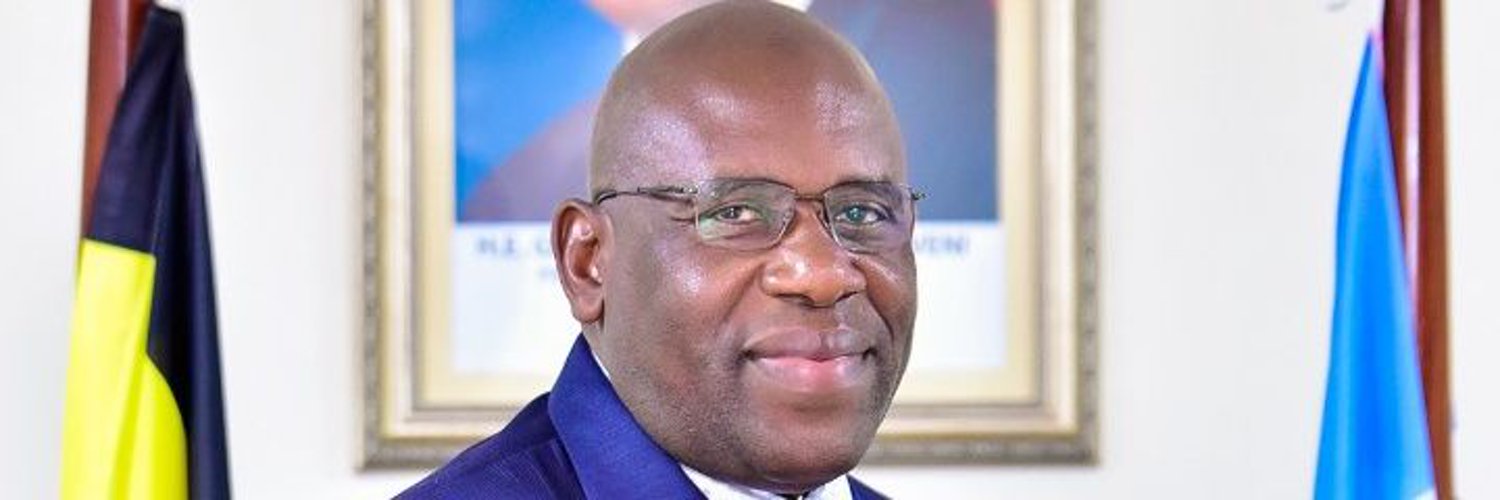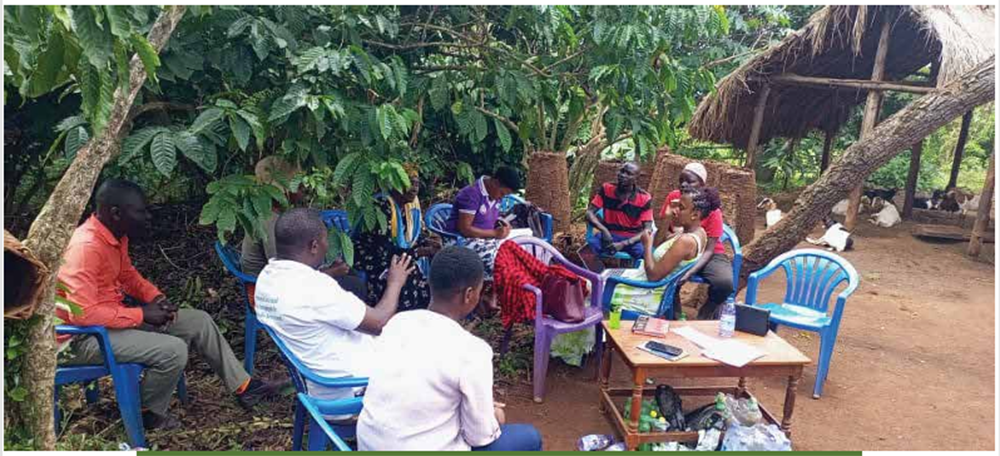Clerics and Muslim faithful opposed to Shaban Ramathan Mubajje’s tenure as the Mufti of Uganda have given evidence in the Court of Appeal, challenging a High Court decision that dismissed their petition.
In their testimony, they argued that the ruling by High Court Judge Bernard Namanya was flawed, as it suggested the dispute could be resolved through a religious arbitration committee that they claim does not currently exist.
The petitioners, including Swaibu Nsimbe, Twayibu Byansi, Musa Kasakya, and Musa Kalokora, contend that it was erroneous for Namanya to reject their challenge against Sheikh Mubajje’s leadership.
They allege that he violated the constitution of the Uganda Muslim Supreme Council (UMSC), the umbrella body for Muslims in Uganda, which they say was established to warrant respect and adherence.
In their view, Namanya’s assertion that Sheikh Mubajje’s role as Mufti and any amendments to the UMSC constitution did not require court intervention is misguided, as Ugandan laws mandate accountability for anyone who breaches legal statutes.
In his ruling on 1 July 2025, Justice Namanya stated that the accusations against Sheikh Mubajje could be addressed by a religious body or an arbitration committee. However, the petitioners assert that no such committee is operational at present.
They are now seeking for the Court of Appeal to overturn Namanya’s decision and to block Sheikh Mubajje from continuing as Mufti.
Leadership disputes
The appeal stems from a long-standing leadership dispute within the UMSC. Sheikh Mubajje, who has held the position since 2000, has faced repeated challenges over allegations of mismanagement, including the controversial sale of Muslim properties and procedural irregularities in his re-elections.
In December 2023, the UMSC general assembly voted to oust him in the public interest, leading to the temporary appointment of Sheikh Abdallah Ssemambo as acting Mufti.
However, in January 2025, the High Court quashed those resolutions and restored Mubajje to office, ruling that the matter should proceed through internal arbitration rather than secular courts.
Tensions escalated further when Mubajje sought re-election for another five-year term in early 2025, prompting the current petitioners to file a judicial review application in March. They argued that Mubajje, aged 70, had exceeded the 10-year term limit under the amended UMSC constitution and that his re-election on 20 February 2025 violated provisions requiring transparency, vetting, and consultations.
The High Court dismissed this on 1 July 2025, invoking the “religious question doctrine”, a principle that courts should not interfere in internal religious matters, and referring the dispute to the Muslim Arbitration and Conciliation Council (MAC) under Article 28 of the UMSC constitution.
Justice Namanya emphasised that the UMSC is a private entity not subject to judicial review and that secular courts lack jurisdiction over the election of the spiritual leader of Sunni Muslims in Uganda.
In response, the petitioners announced their appeal intentions shortly after, on 3 July 2025, describing the ruling as based on “deficient legal technicalities.” Their lawyers, including Hamza Sewankambo, Rashid Kamulegeya, and Farouq Kamulegeya, argued that the UMSC constitution is a secular document registered under the Companies Act, not rooted in Islamic law or the Qur’an, and thus amenable to court scrutiny.
They highlighted that the MAC has never been properly constituted, leaving no viable internal mechanism for resolution.
“This leaves Muslims with no option but to further engage the appellate court to legitimately waive the deficient technical barriers and open mainstream doors of justice,” the lawyers argued in a statement, justifying the decision to appeal.
The outcome of the appeal could significantly impact the governance structure of the UMSC and the broader Muslim community in Uganda. It may also set precedents for how religious and secular laws intersect in leadership disputes.







